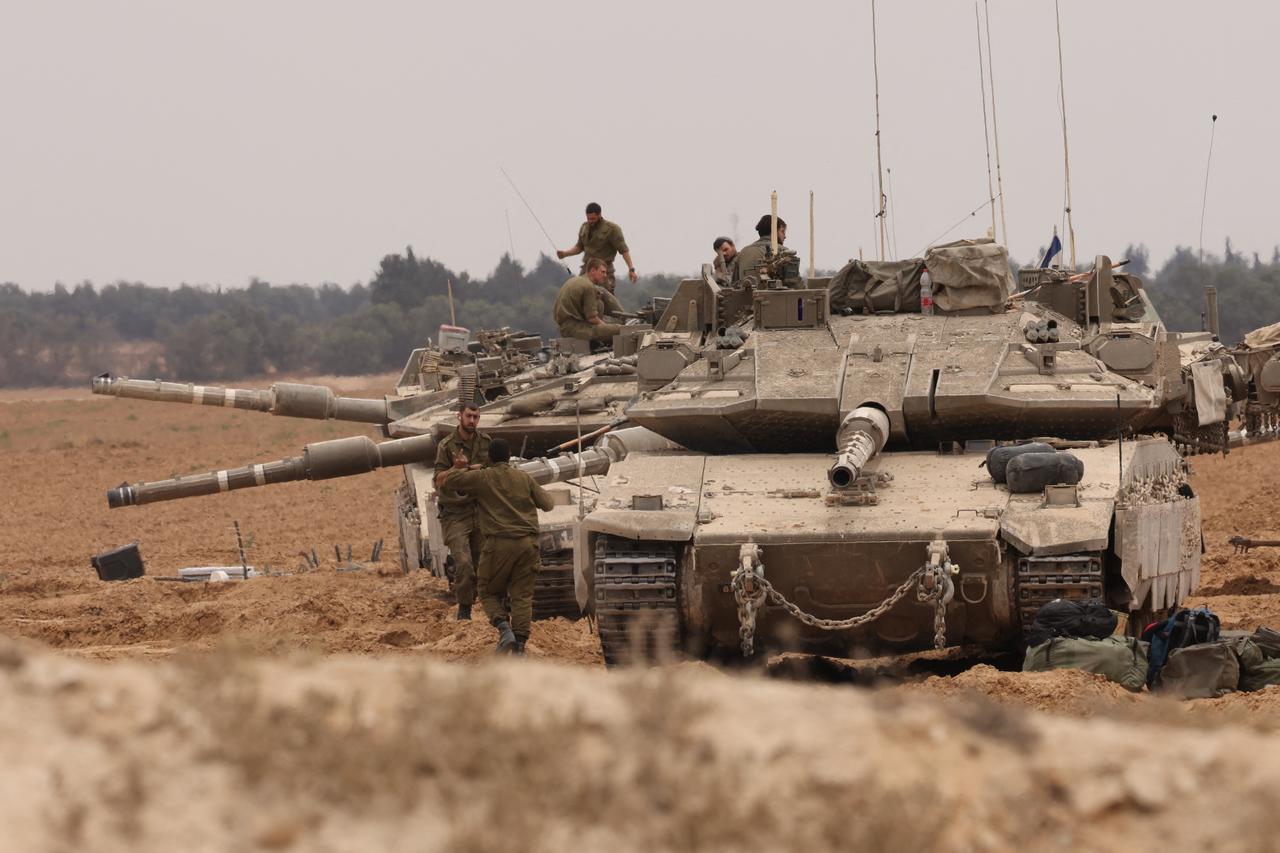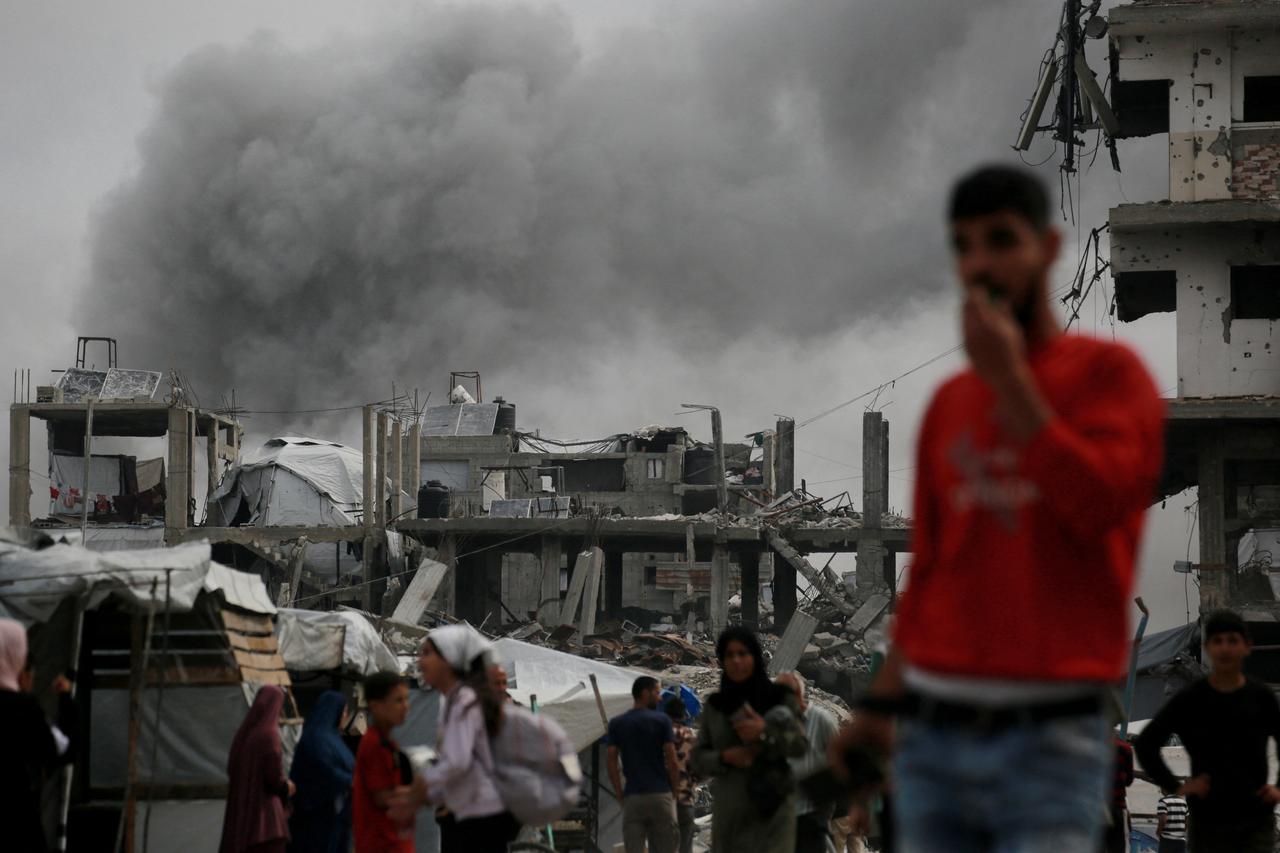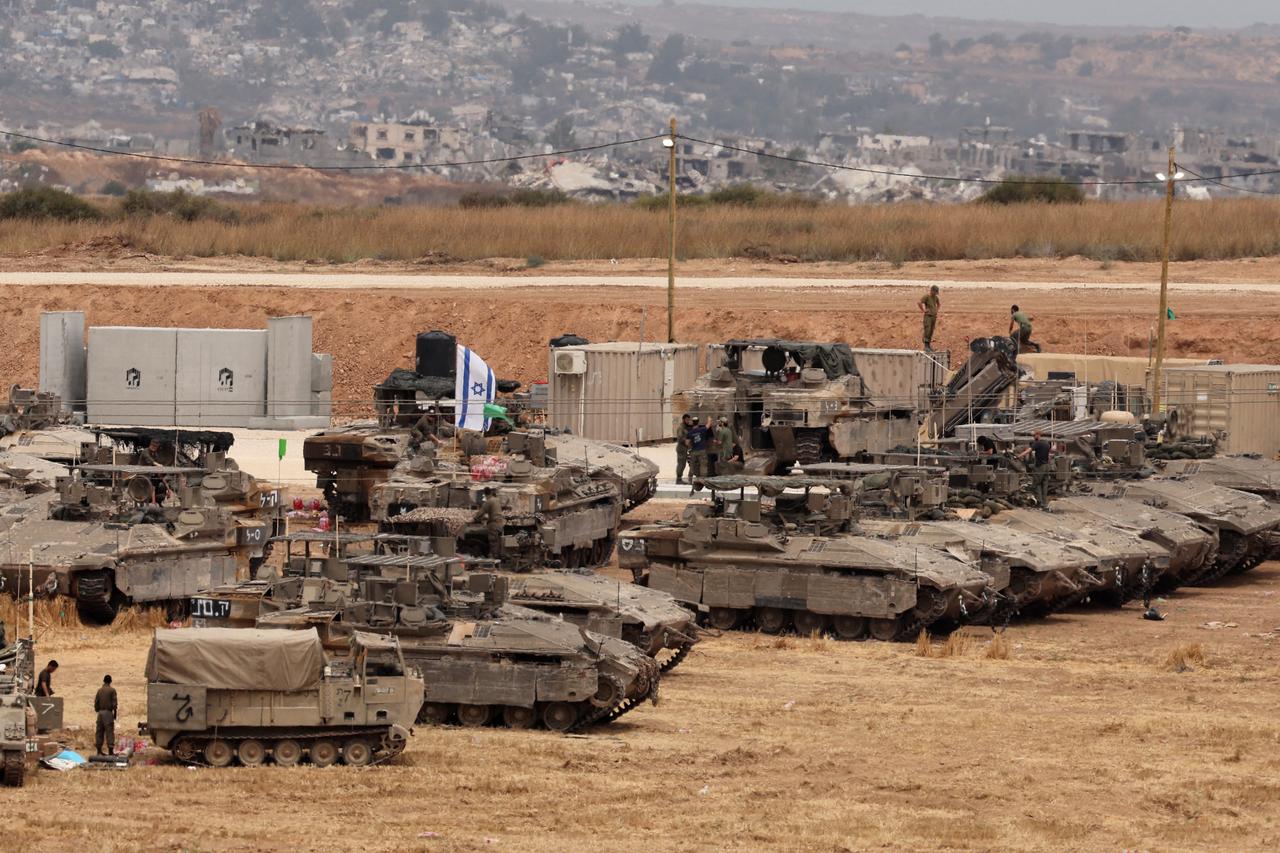
The Israeli military has announced the launch of a new operation aimed at expanding and solidifying its occupation in the Gaza Strip, following approval from Israel's security cabinet for a plan to establish permanent control over strategic areas in the enclave.
In a statement released Friday, the Israeli army confirmed it has mobilized troops and initiated "Operation Gideon's Chariots," describing it as a comprehensive offensive to "expand the battle in the enclave with the aim of achieving all the war's objectives, including the liberation of the kidnapped soldiers and the defeat of Hamas."
The military campaign has intensified dramatically, with at least 113 Palestinians killed in Israeli airstrikes across Gaza on Friday alone, according to health officials. Local sources report that numerous civilian massacres have occurred at multiple locations throughout the day.
Palestinian health authorities indicated that hospitals received at least 113 bodies and treated numerous wounded individuals since morning, with many more casualties feared to be trapped under rubble. Civil defense and medical teams are struggling to reach affected areas due to the intensity of the bombardment.
Earlier Friday, the Palestinian Health Ministry had reported 93 fatalities and more than 200 injuries from the morning's strikes. The casualties include victims in Beit Lahiya, Jabalia Refugee Camp, eastern Gaza City's Shujayea neighborhood, and Rafah.

According to The Times of Israel, Israeli officials confirmed the current operations signify a permanent occupation of Gaza and aim to force Palestinian civilians to relocate to the southern part of the territory.
Israel's security cabinet approved the three-phase offensive plan on May 4, with Israeli media reporting that the operation would escalate to intensive attacks and forced displacement of Palestinians southward if ceasefire negotiations failed to produce results.
The Switzerland-based Euro-Mediterranean Human Rights Monitor described Israel's current assault as reaching "the most comprehensive and destructive" phase of the war, noting that dozens of massacres have been committed in the past four days alone, coinciding with U.S. President Donald Trump's Middle East tour.

While concluding his three-nation Middle East tour in Abu Dhabi, President Trump acknowledged the dire humanitarian situation in Gaza during an interview with Fox News.
"We want to take care of the people. Look, people are starving," Trump stated. "One of the things that one of the three great leaders that I saw two nights ago said to me, 'Please help the people, the Palestinians.' He said they're starving, and he meant it with his heart...so, I've already started working on that. It's a deep problem, but we'll get it solved."
Trump characterized Gaza as a "nasty" place that has "been that way for years," suggesting it should become what he called a "freedom zone." He expressed confidence that "good things" would happen over the next month, while avoiding direct comment on whether he supported Israel's current military plans.

Since March 2, Israel has kept Gaza's crossings closed to food, medical, and humanitarian aid, exacerbating an already severe humanitarian crisis. Aid agencies continue to warn of famine conditions throughout the territory.
Heavy strikes were reported Friday in northern Gaza, particularly in Beit Lahiya and the Jabalia refugee camp. Israel dropped leaflets ordering all residents of Beit Lahiya to "leave southwards immediately," regardless of whether they were in tents, shelters, or buildings.
Israel's declared goal remains the elimination of Hamas following the October 7, 2023 attack, which killed approximately 1,200 Israelis and resulted in about 250 hostages being taken. The subsequent military campaign has killed more than 53,000 Palestinians, mostly being civilian and kids according to Gaza health authorities, and displaced nearly the entire population of 2.3 million people.
The Hostages and Missing Families Forum, representing families of the 58 hostages still held in Gaza, issued a statement Friday warning that Israel risks missing a "historic opportunity" to bring them home as Trump concludes his Middle East visit.